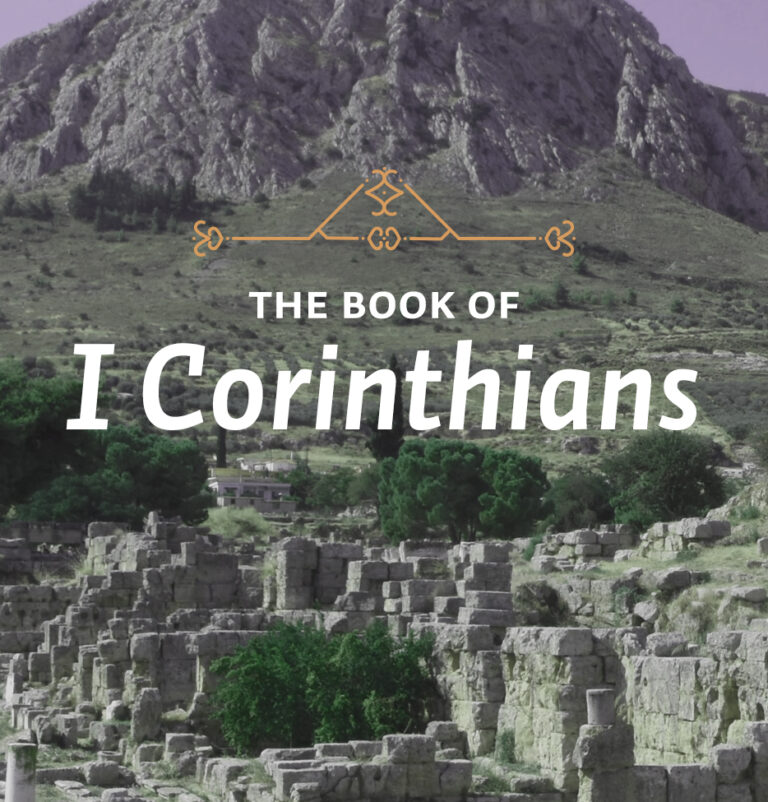A good friend of mine, Howard Hendricks, who is a professor at Dallas Theological Seminary, spends a lot of time counseling Christian people. He says one of the difficulties he discovers in marriages, Christian marriages, especially among some of the young couples associated with the seminary, is that one of the spouses, usually the wife, thinks that somehow sex is not the kind of thing a godly person would do. So when the husband has a desire for a sexual relationship, the wife holds back and thinks, “Well, you know, he’s young and immature yet. I suppose it’s the sort of thing you have to do, but maybe as he grows in the Lord, this will become less necessary.” That is a terrible thing.





